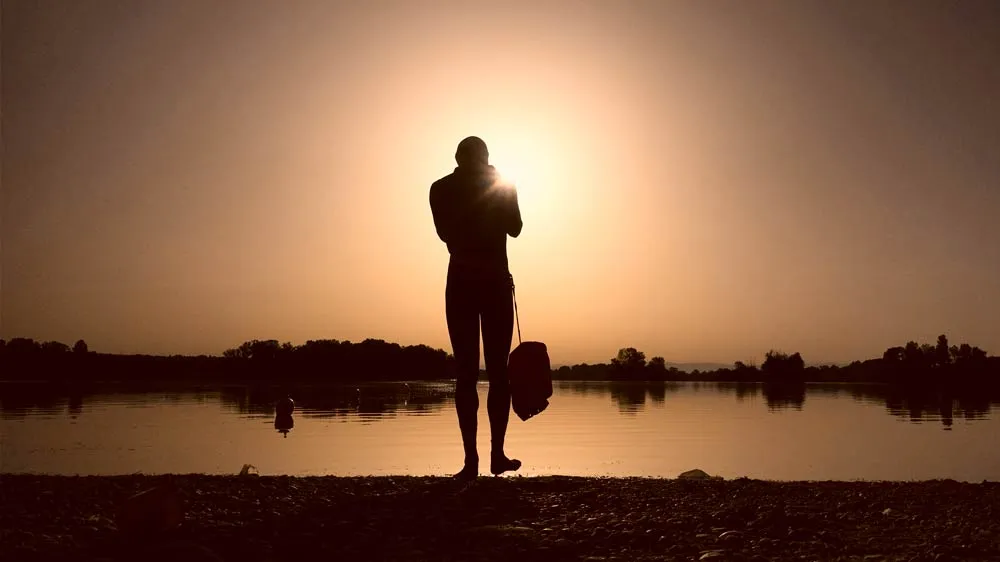April 1, 2021
US Draws Close to 100 Million Vaccinations
Olga R. Rodgriguez READ TIME: 3 MIN.
The U.S. moved closer Thursday toward vaccinating 100 million Americans in a race against an uptick in COVID-19 cases that is fueling fears of another nationwide surge just as the major league baseball season starts and thousands of fans return to stadiums.
More than 99 million people have received at least one dose of the vaccine, and more than 56 million people – 17% of the nation's population – have been fully vaccinated, according to data from the Centers for Disease Control and Prevention.
A total of 154 million vaccines had been administered as of Thursday. President Joe Biden's new goal is to give 200 million vaccine doses during his first 100 days in office.
But coronavirus infections are inching up again, and officials have warned that they could ban fans from ballparks if the numbers continue to rise. Even before the baseball season got underway, an opening game was postponed after a player tested positive for the coronavirus.
The Washington Nationals were scheduled to host the New York Mets on Thursday night, but after a Nationals player tested positive for COVID-19, the team canceled the game. It was not immediately rescheduled.
In Chicago, officials warned that they will stop letting baseball fans into Wrigley Field and across town at Guaranteed Rate Field, as well as bars and restaurants, if COVID-19 cases keeps climbing.
The warning was included in a news release issued by the city's Office of Emergency Management and Communications on Wednesday, a day before opening day for the Chicago Cubs. Both ballparks will be limited to 25% of their capacity when they open up to fans for the first time since 2019.
For Wrigley Field, that means little more than 10,000 fans in the stands. Many more are expected to watch the game from nearby bars and restaurants. Guaranteed Rate Field is home to the White Sox.
Meanwhile, states are doubling their efforts to vaccinate as many people as possible by expanding eligibility and touting the vaccines as essential to getting the country back to normal.
As of Thursday, anyone 50 or older is eligible for a vaccine in California, the country's most populous state with 40 million people.
In Michigan, which has the country's highest COVID-19 infection rate over the past week, Gov. Gretchen Whitmer doubled the state's daily COVID-19 vaccination goal to 100,000 shots as the state faces a third surge in cases.
Michigan's direct allotment of doses will total about 620,000 next week, a record. That is 12%, or roughly 66,000, more than this week and includes a substantial boost in the one-shot Johnson & Johnson vaccine.
The state also reported its first confirmed case of a coronavirus variant that was initially identified in Brazil. The infection arose in a resident of Bay County, where local health officials were investigating the person's exposure history.
Michigan previously reported finding variants that were first identified in Britain and South Africa.
"It is now even more important that Michiganders continue to do what works to slow the spread of the virus," the governor said in a statement, citing wearing masks, keeping social distance, avoiding crowds, washing hands and getting a vaccine.
While some states are struggling to meet vaccine demand, others report that a significant portion of their populations are hesitant to get the vaccine.
In Iowa, about a third of the state's adult population, roughly 800,000 people, will not commit to getting a vaccine, which prompted Gov. Kim Reynolds to plead with them to consider it for everyone's sake.
Iowa's virus activity has increased in recent weeks specifically among spring break travelers ages 18 to 29.
The state is expected to get nearly 161,000 vaccine doses next week, the largest weekly supply so far, Reynolds said. That will enable the state to open vaccination appointments broadly to all adults beginning Monday although a few counties already have expanded their vaccination eligibility.





